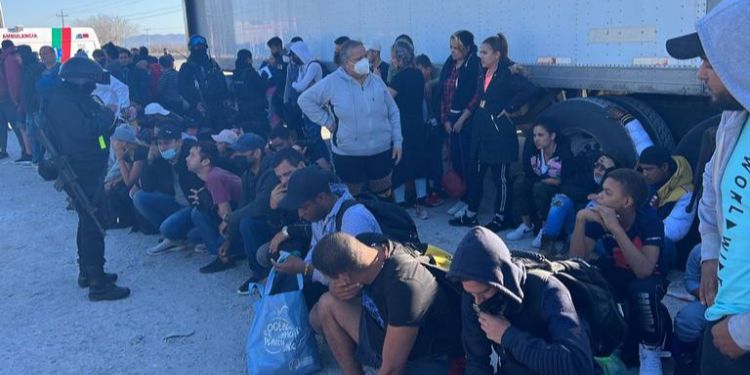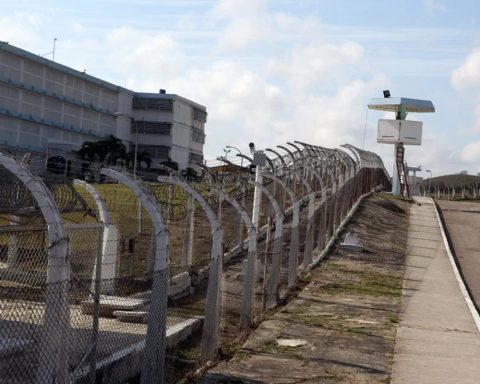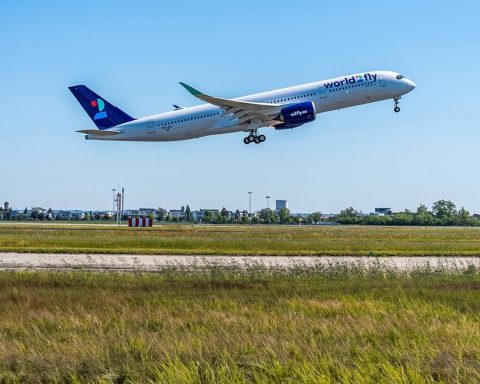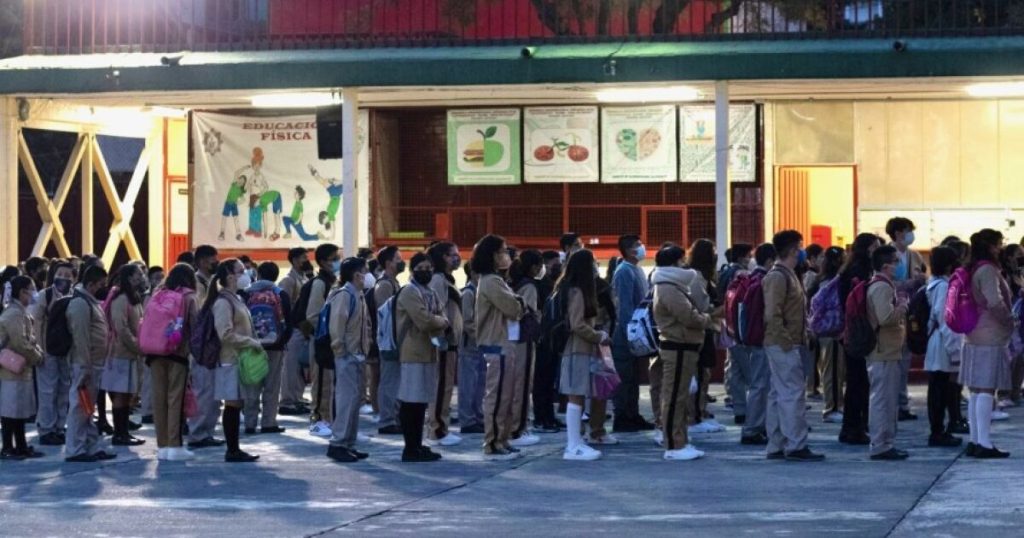AREQUIPA, Peru – The Office of the Inspector General of the Department of Homeland Security (DHS) of the United States, concluded in a report that the CBP One application has flaws and vulnerabilities that affect people’s equal opportunities to obtain appointments, also making it possible for it to be used to harm the country’s national security.
The application developed by the Customs and Border Protection Office (CBP) and is well known among migrants, including Cubans, who use it to schedule appointments at the border of USA during his stay in Mexico.
Dated August 19, the report states that when it was implemented in January 2023, the software was not fully ready to streamline and facilitate the safe and orderly entry of immigrants, as was CBP’s intent.
Furthermore, no formal risk assessment was conducted prior to expanding its use, although Customs did implement some controls after its implementation to “mitigate” the application’s weaknesses.
For the above, part of migrants Those who used the app when it was initially introduced experienced glitches, received frequent error messages and faced language barriers and may not have always had the same opportunities to secure an appointment.
In addition, the text points out that the Customs Office ignores the opportunity to use CBP One information to identify suspicious trends at the six ports of entry on the southern border.
DHS also highlighted that security vulnerabilities in CBP One could compromise the security of the information it contains and that without a process to ensure timely implementation of all corrective patches, the application’s data could be subject to exploitation or cyberattacks.
Regarding CBP One, a few days after the publication of the report, it also emerged that Mexico will allow orderly transit through its territory to migrants who have a appointment in the application.
Cubans with the appointment will be able to “in an orderly, regular and safe manner, travel to the 8 CBP One entry points: Matamoros, Reynosa and Nuevo Laredo in Tamaulipas; Piedras Negras, Coahuila; Ciudad Juárez, Chihuahua; Nogales, Sonora; Mexicali and Tijuana, Baja California,” according to a statement from the National Migration Institute (INM).
The announcement was made after a meeting last Friday between INM officials and their counterparts from the Customs Office “to coordinate operational actions within the framework of the entry into force of the CBP One application in the states of Tabasco and Chiapas, to request asylum in the United States.”
















